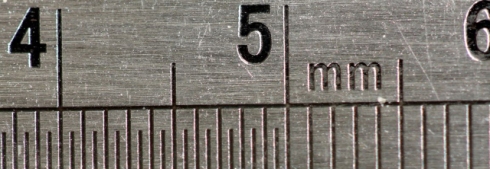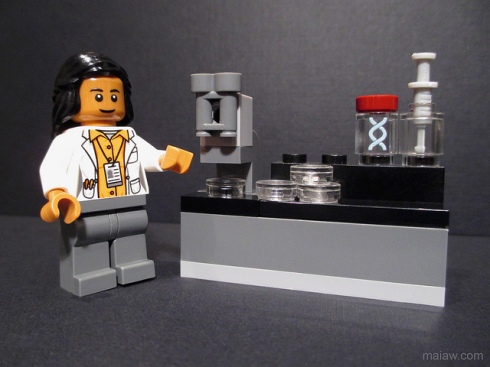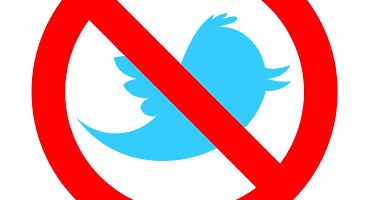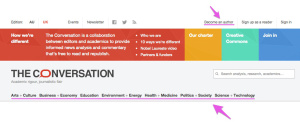Door mensen die niet per se zijn opgeleid als wetenschapper te betrekken bij wetenschap vergroot je de kennis van wetenschap onder die doelgroep. Die mensen leren over de nuances van het wetenschappelijk onderzoek. Mensen betrekken bij wetenschappelijk onderzoek biedt kansen hen te leren over statistische toetsing en de manieren waarop je onderzoeksresultaten kunt interpreteren.
Daarnaast biedt het betrekken van mensen bij onderzoek ook kansen bij het informeren van mensen tijdens het onderzoeksproces, bijvoorbeeld over maatregelen om griep te beperken zoals tijdens het project FlunearYou. Mensen helpen onderzoekers bij het verzamelen van data over verkoudheid en griep en krijgen op hetzelfde platform informatie over griepverspreiding en hoe je zelf griep kunt voorkomen. Mensen op deze manier laten helpen bij je onderzoek vergroot de bereidheid van mensen om eindresultaten te accepteren en zij hebben mogelijkheden om al tijdens het onderzoeksproces kennis te nemen van deelresultaten.
Wetenschappelijke kennis delen door niet-wetenschappelijk opgeleide mensen te betrekken kan leiden tot een verhoging van het algemeen kennisniveau van de maatschappij. Beter geïnformeerde burgers maken wellicht betere keuzes als het gaat om hun persoonlijke gezondheid, politiek, voeding en duurzaamheid.
‘Burgerwetenschappers’ kunnen ook heel belangrijke kennis inbrengen, waar wetenschappers zelf niet aan gedacht hadden
Tenslotte is het belangrijk te benadrukken dat de niet-wetenschappers heel belangrijke kennis kunnen inbrengen, waar de wetenschappers zelf niet aan gedacht hadden. Dat proces heet kenniscocreatie en biedt veel voordelen.. Als het gaat om klimaatadaptatie, oftewel het aanpassen aan de onvermijdelijke gevolgen van klimaatverandering, kan de ervaring en kennis van een agrariër van onschatbare waarde zijn. En als het gaat om menselijke psychologie kunnen we veel leren van overlevenden van oorlogen. Het betrekken van andersdenkenden zorgt voor een verrijking van de data, en een schat aan nieuwe kennis en data.
Misschien is de definitie wetenschapper toe aan een upgrade. Wetenschappers zijn niet langer de experts, maar eenvoudigweg de mensen met een onverzadigbare nieuwsgierigheid en gedrevenheid om te begrijpen hoe iets werkt, en bereid daar met een analytische blik naar te kijken.
Reblog van Studio Lakmoes
Science Communication Breakdown
 Photo credit: Todd Eddy. Shared under a Creative Commons license. Click for more info.
Photo credit: Todd Eddy. Shared under a Creative Commons license. Click for more info. 







